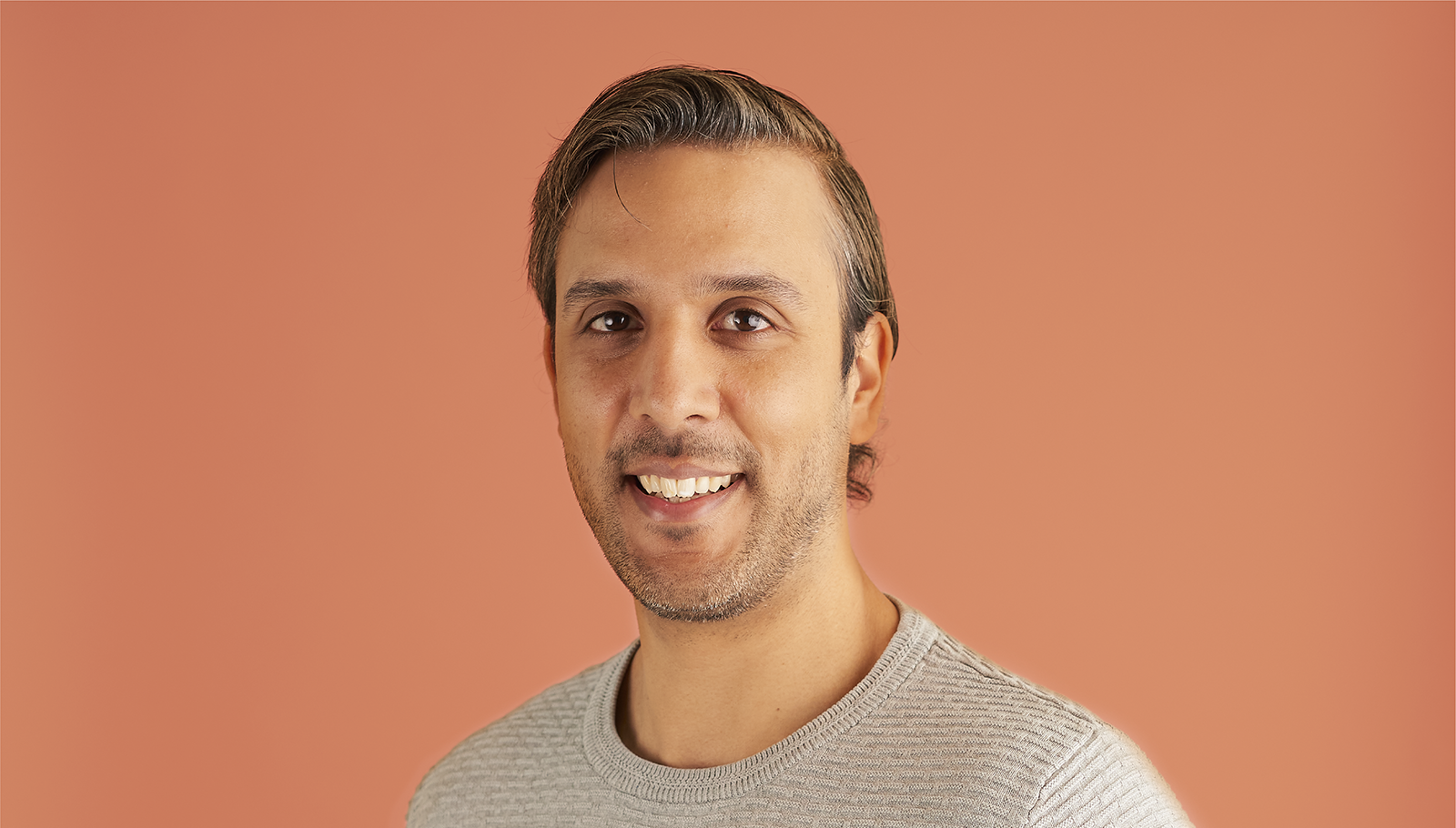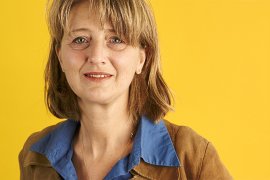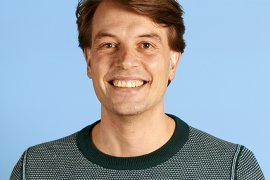Making the world a better place, one step at a time
There is no way to happiness, happiness is the way. This is a well-known Buddhist saying. For Maikel Kishna, taking one step at a time is also the best way to make the transition to a circular economy. ‘I see major challenges facing the Netherlands, but looking at an end goal with pessimism and apathy won’t get us anywhere. We have to take small steps every day and be proud of what we accomplish along the way. That is a productive approach.’
We are all connectors
‘Ten years after graduating, all of the friends I made in the Science and Innovation Management programme are in positions that involve connecting people and organisations. They work at places like ProRail, Wageningen University and Atos, and I work at the PBL Netherlands Environmental Assessment Agency. In my role at this independent institute, I advise the government on how we can achieve a more circular economy. To explain this in very simple terms, the circular approach is about using raw materials in a radically more efficient manner. This includes not only recycling waste, but also using less, sharing things and re-purposing what we already have. If we can keep using things for longer, we won’t need to make as many of them.’

‘As a PhD candidate at Utrecht University, my supervisor was Professor Marko Hekkert. He is director of the Copernicus Institute of Sustainable Development and chair of Future Food Utrecht. He taught me a lot about the dynamics of emerging innovations and how sectors transform to pursue a sustainable future. We now work closely together at PBL, sometimes as sparring partners but also as joint authors of advisory reports. During my PhD track, I had daily contact with Simona Negro as well, who was an assistant professor at the time. She once asked me, “What kind of researcher do you want to become? What do you want to specialise in?” I still ask myself those questions all the time.’

So, what’s the answer?
‘I’m not interested in specialisations for now. I don't want to have a label yet. That’s why I decided to work in the health sector, with bioplastics, and now in the circular economy. By not committing myself to a particular field, I can be an innovation and change scientist and set all sorts of things in motion. I think it’s great that Simona’s question made this so clear to me. That’s a source of inspiration, too. I always collaborate; I don’t do anything alone. You can ask each other critical questions and help each other grow.’





